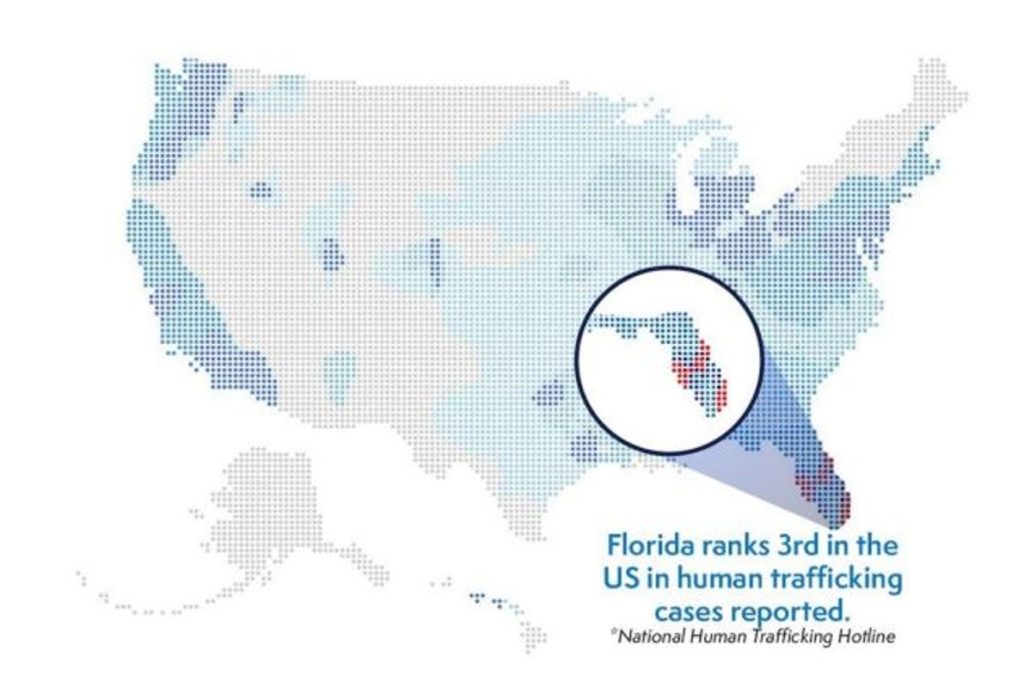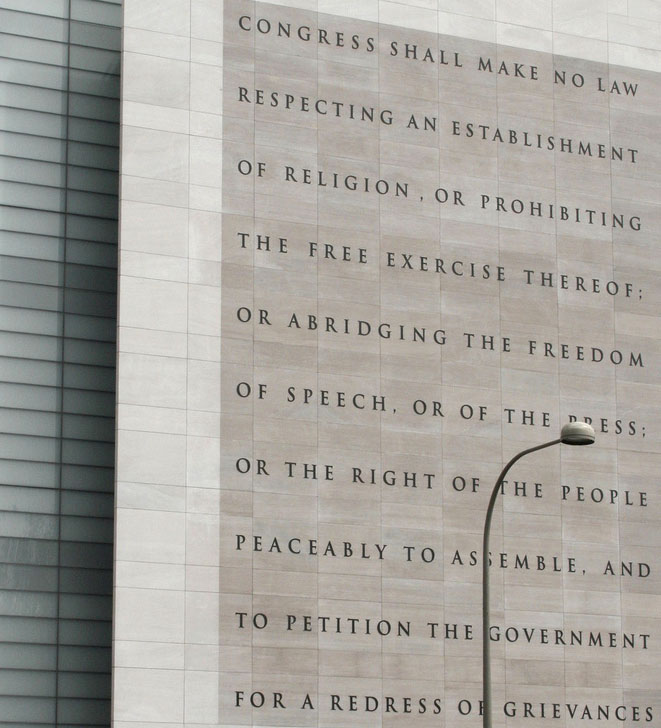Serenity Michelle Bushey, a 19-year-old former stripper, has sued Florida’s attorney general and two local prosecutors over a new state law that bans adult entertainment businesses from employing people under 21. The lawsuit, filed in federal court in Tallahassee, argues that the law violates constitutional rights to free speech and equal protection.

Bushey, who lost her job at Cafe Risque in the Gainesville area when the law took effect, is joined in the lawsuit by the owner of Cafe Risque and two Jacksonville-based adult businesses. The plaintiffs seek a permanent injunction against the law, claiming it unlawfully restricts the employment of performers, cooks, DJs, waitresses, and security guards aged 18 to 21.

Florida lawmakers say the law, House Bill 7063, aims to combat human trafficking. However, opponents argue it unfairly impacts young adults who rely on these jobs for their livelihood. Governor Ron DeSantis signed the bill earlier this year, igniting a heated debate over its implications.

Human trafficking remains a significant issue in Florida, with the state consistently ranking among the top in the nation for reported cases. The Polaris Project, which operates the National Human Trafficking Hotline, reported over 1,900 cases in Florida in 2023 alone. Lawmakers believe stricter regulations on adult entertainment venues could help reduce these numbers.

The lawsuit contends that the law’s broad scope, which includes not only dancers but also behind-the-scenes workers, is an overreach. “As with similar performers around the state, Bushey earned her living through her art while providing entertainment for the benefit and enjoyment of her audience,” the complaint states. “Plaintiffs have a clear legal right to engage in protected speech of this nature.”

Many college-age strippers, like Bushey, rely on their earnings from the adult entertainment industry to pay for tuition and other educational expenses. Stripping provides a flexible work schedule and higher income potential compared to typical part-time jobs, making it a viable option for students balancing academics and financial responsibilities.

Kylie Mason, communications director for the Attorney General’s Office, stated that the office had not yet been served with the lawsuit but would defend the new law vigorously. She emphasized the law’s intent to protect vulnerable populations from exploitation and trafficking.

Besides Bushey, the lawsuit highlights the plight of eight other adult performers aged 18 to 21 who have been forced out of work at Cafe Risque due to the new restrictions. The owner of Cafe Risque and the Jacksonville businesses argue that the law disrupts their operations and harms their employees’ livelihoods.

Opponents of the law argue that it disproportionately targets young adults, many of whom are struggling to support themselves and their families. “If you’re old enough to vote and serve in the military, you should be able to choose your place of employment,” said John Gallagher, a spokesperson for the affected businesses.

Supporters of the legislation argue that the adult entertainment industry is a hotspot for human trafficking and that stricter age regulations are necessary to protect young workers. They point to numerous cases where underage workers were found to be victims of trafficking and exploitation.

As the legal battle unfolds, the outcome could set a significant precedent for age restrictions in the adult entertainment industry nationwide. The case is being closely watched by both advocates and opponents of the new law, with potential implications for similar legislation in other states.





